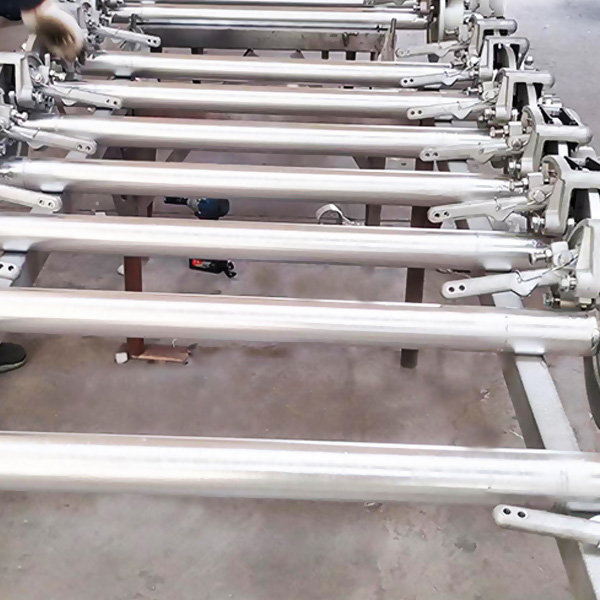
1. Verify Quality Certifications
Reliable axle assembly suppliers should possess recognized certifications such as ISO/TS 16949, ISO 9001, or other automotive industry standards. These certifications indicate adherence to stringent quality control and manufacturing processes.

2. Assess Product Range and Customization Options
Choose suppliers offering a wide range of axle assemblies suitable for various vehicle types, including custom solutions. Flexibility in design and manufacturing ensures the supplier can meet your specific requirements.
3. Evaluate Manufacturing Capabilities
Inspect the supplier’s production facilities, technology adoption, and capacity. Advanced machinery and skilled workforce contribute to consistent product quality and timely deliveries.
4. Check Supplier Experience and Industry Reputation
A proven track record with years of experience and positive customer feedback reflects reliability and trustworthiness. Look for testimonials, case studies, and references.
5. Review After-Sales Support and Warranty Policies
Reliable suppliers provide comprehensive warranties and responsive after-sales services, including technical support and spare parts availability, ensuring long-term partnership satisfaction.
6. Analyze Pricing and Payment Terms
Competitive pricing combined with transparent payment terms is crucial. Avoid suppliers offering prices that are too low, which may compromise quality, and ensure terms are flexible to accommodate your business needs.
7. Consider Logistics and Export Expertise
For international buyers, suppliers with strong logistics networks and export experience can handle customs clearance efficiently, reducing shipment delays and unexpected costs.
Meta Description
Use this top 7 checklist to choose reliable axle assembly suppliers. Learn how to evaluate quality, customization, support, pricing, and export capabilities for successful sourcing.





